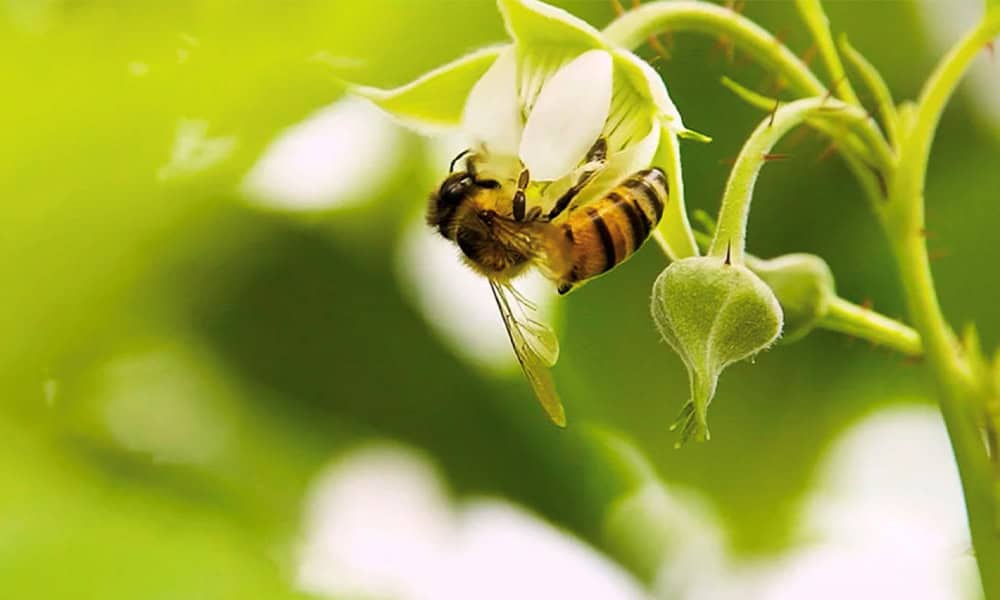Costa Rica’s agricultural sector has benefited from an innovative project: Operation Pollinator has had a very significant impact on melon and coffee crops, helping both farmers and the environment by improving biodiversity and crop efficiency, resulting in positive economic and environmental outcomes.
The initiative by Syngenta, a leading science-based agricultural technology company, helps millions of farmers grow safe and healthy food while caring for the planet. It aims to promote pollinating insect populations, providing benefits to the agricultural sector while improving and preserving biodiversity.
The project was created more than 18 years ago and is currently implemented in 48 countries around the world. In 2022, the program impacted more than 9,000 hectares, and in 2023, it exceeded 50,000 hectares. In Latin America, in addition to Costa Rica, countries such as Peru, Colombia, and Mexico are also part of this initiative.
By creating specific habitats in cultivated areas, the project has established natural refuges for pollinators and encourages the presence of other useful arthropods such as predators and parasitoids. About 80% of the crops from which we obtain food, beverages, medicines, dyes, and fibers depend on pollination. Therefore, the preservation of pollinators is crucial for food security and the sustainability of the planet.
The implementation of these specific habitats has increased the presence of pollinating insects and other beneficial arthropods in the cultivation areas covered by the project. Likewise, farmers have observed an increase in the efficiency and quality of their melon and coffee crops, thanks to improved pollination and pest reduction.
The project has also contributed to the conservation of biodiversity and the sustainability of agricultural ecosystems in the country. “After rigorous fieldwork, Syngenta is proud to announce the results obtained with its international project, Operation Pollinator, in Costa Rica: an innovative action plan whose main objective is to boost pollinating insect populations in the agricultural sector, thus creating specific habitats adapted to insect species and local conditions,” the company stated.






